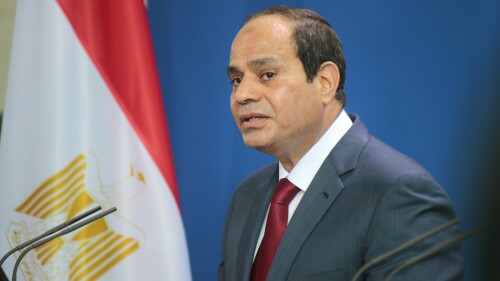Today, pro-Israel students confront a demoralizing challenge on campus defending Israel’s right to exist as a democratic Jewish state, as well as expressing views that would be labeled as “conservative.”
Some examples:
- Natana DeLong-Bas, a lecturer in theology at Boston College, as well as in the Department of Near East and Judaic Studies at Brandeis University, says that she does “not find any evidence that makes me agree that Osama bin Laden was behind the attack on the twin towers. All we have heard from him was simply praise and commendation of those who had carried out the operation.”
- Joseph Massad, a Columbia University professor of modern Arab politics and intellectual history, writes that “all those in the Arab world who deny the Holocaust are, in my opinion, Zionists.”
- Hatem Bazian, a senior lecturer in Islamic studies at University of California, Berkeley, states that “it’s about time that we have an intifada in this country that changes fundamentally the political dynamics in here.”
On the Horizon
You might think these statements were made somewhere in the Arab world or perhaps in 1930s’ Europe. Yet they are found today in U.S. classrooms. Tellingly, these scholars represent what is happening in the halls of academia and illustrate the type of scholarship used to mold future generations.
Moreover, with the release of The Israel Lobby and U.S. Foreign Policy by John Mearsheimer and Stephen Walt, students face another challenge as it relates to the American-Israeli alliance. The authors contend that that there are no genuine or compelling motives for America’s support for Israel, which they refer to as a “strategic burden.”
In addition, they argue that U.S. foreign policy has been hijacked by the pro-Israel camps and works against the interests of America itself. They even went as far as claiming that one of the results of AIPAC’s work was to start the war in Iraq.
Their narrative recounts every colorful report of Israeli “cruelty” toward Palestinians as an indisputable fact. But conveniently, they leave out the rise of Palestinian terrorism before 1967, as well as the 1972 Munich Olympics, Black September and countless cases of suicide bombings against Jews and Israelis.
In an attempt to defuse this, the Jewish Policy Center has organized a panel of experts -- including Daniel Pipes, Cliff May and David Horowitz, and moderated by radio commentator Michael Medved -- to address “The Fight Against Radical Islam and the New Anti-Semitism on Campus.” The event will take place at 7 p.m.Wednesday, Sept. 19, at Temple Beth Hillel/Beth El in Wynnewood.
‘A Full-Blown Crisis’
When asked about the reason and the importance for holding such an event, Dick Fox, chairman of the Jewish Policy Center, stated that the center “has been addressing the problem of radical Islam and anti-Semitism on campus for several years. Organizationally, this issue has been a top priority for us. Now, it has become a full-blown crisis.”
The brouhaha over the “Israel lobby” as a Jewish conspiracy controlling America has been challenged; unfortunately, that has produced even more virulent rhetoric against Israel.
Academia has unconsciously exposed Jews and Israelis as the canaries in the coal mine. If universities are indicators of social trends, then anti-Semitism is becoming more acceptable in the guise of anti-Zionism. The thesis of Israel-bashers is basically that only Jews are unworthy of having a sovereign state.
These attitudes are pervasive on university campuses and are protected by what’s called “academic freedom.” But if we are to become better advocates for Israel, then we deserve to hear a balanced representation of Israel and the Middle East in our educational institutions.
We can start by seeking out those voices that until Sept. 11, 2001, had been predominantely marginalized by the academy.
Asaf Romirowsky is an Associate Fellow at the Middle East Forum and Manager of Israel & Middle East Affairs for the Jewish Federation of Greater Philadelphia.







